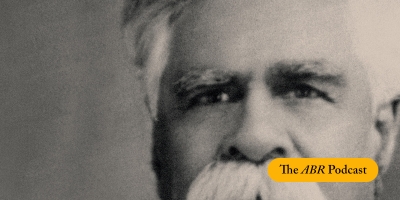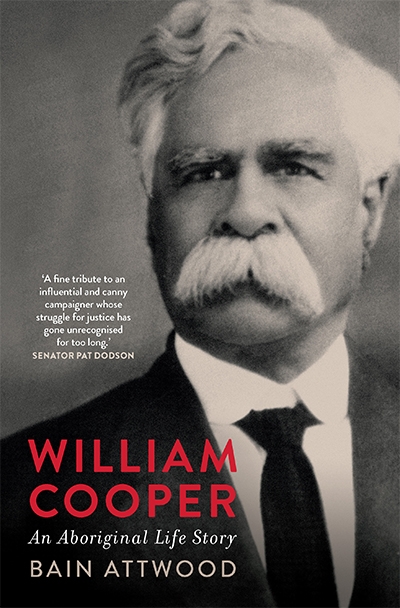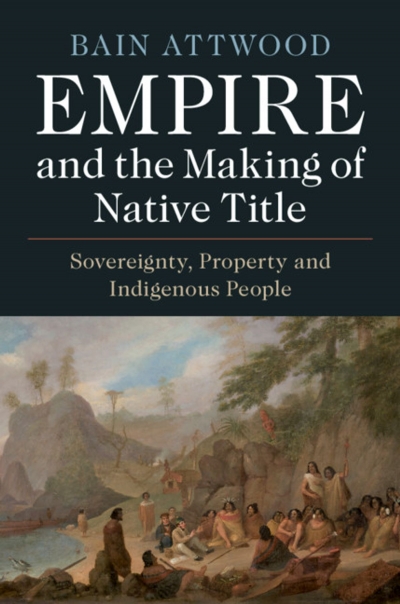Bain Attwood
As momentum builds for constitutional recognition of Aboriginal and Torres Strait Islander Australians, it is timely to reflect on the career of William Cooper. A Yorta Yorta elder and founding secretary of the Australian Aborigines’ League, Cooper gathered support for Indigenous representation in parliament and for voting and land rights during the interwar years. Historian Bain Attwood’s new book tells Cooper’s story but resists the biographical impulse that would separate the man from his social milieux. In today’s episode, Professor Emerita Penny Russell reads her review of Attwood’s portrait of this remarkable man, whose eloquence has left only a scant textual record. What survives reveals a figure ‘always driven by a profound vision of justice and moral uplift’.
... (read more)Empire and the Making of Native Title: Sovereignty, property and Indigenous people by Bain Attwood
Telling the Truth About Aboriginal History by Bain Attwood
The 1967 Referendum, or When the Aborigines Didn’t Get the Vote by Bain Attwood and Andrew Markus with Dale Edwards and Kath Schilling
Adam Shoemaker reviews 'In the Age of Mabo: History, Aborigines and Australia' edited by Bain Attwood
Some of Australia’s most cogent historical analyses grow out of particular social moments: the close of World War II, the accession (and dismissal) of the Whitlam government, the bicentennial celebrations and protests of 1988. The High Court’s Mabo decision of June 1992 is just such a moment and it is no surprise to find another book which focuses on the aftermath of that landmark decision. Interestingly, In the Age of Mabo is also just as strongly the product of a certain time and political space: the 1991–96 prime ministership of Paul Keating. It is this framework which gives this varied collection of essays its sense of historical occasion; it is also this political underpinning which renders at least one of the contributions nearly obsolete.
... (read more)





